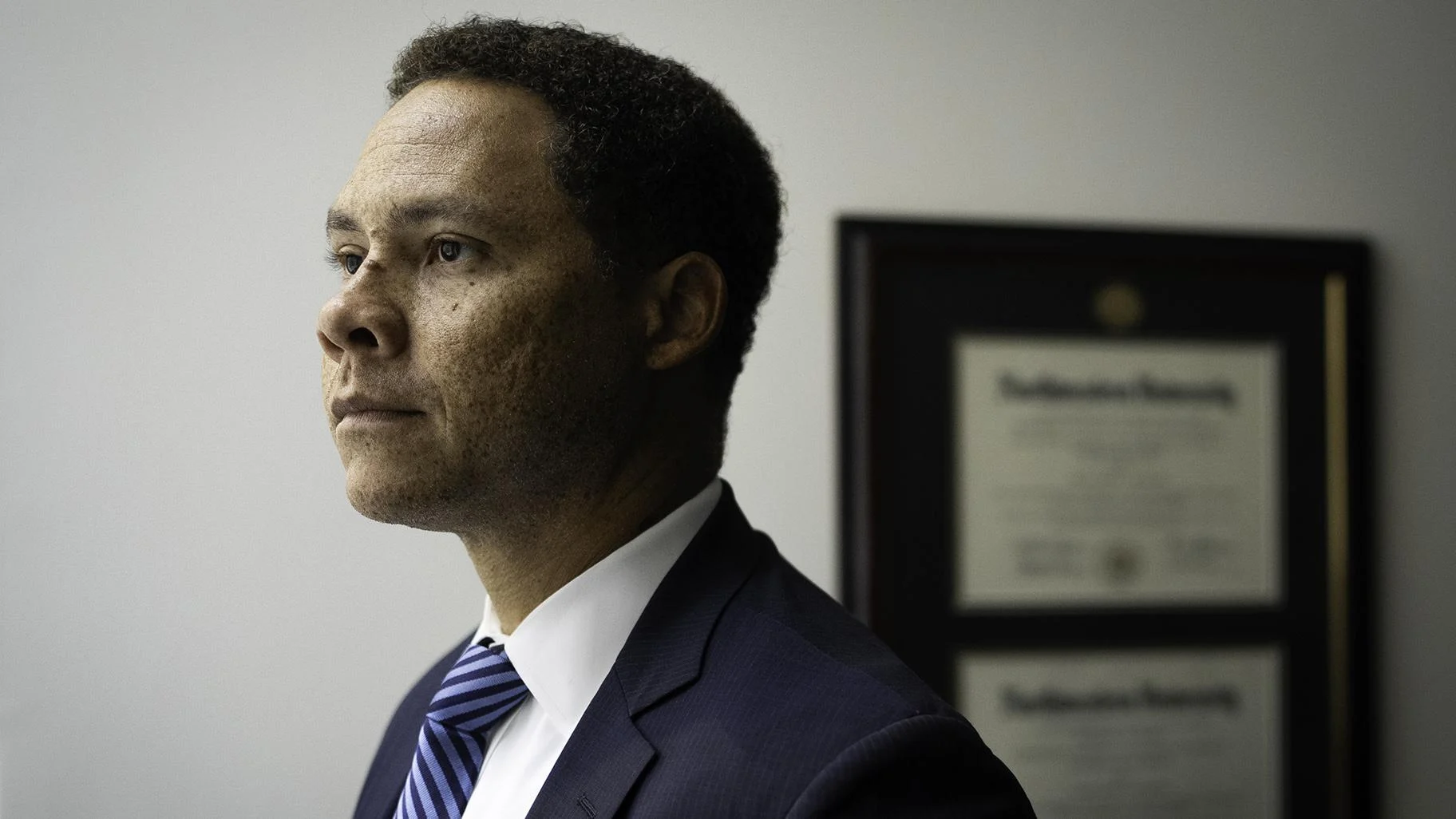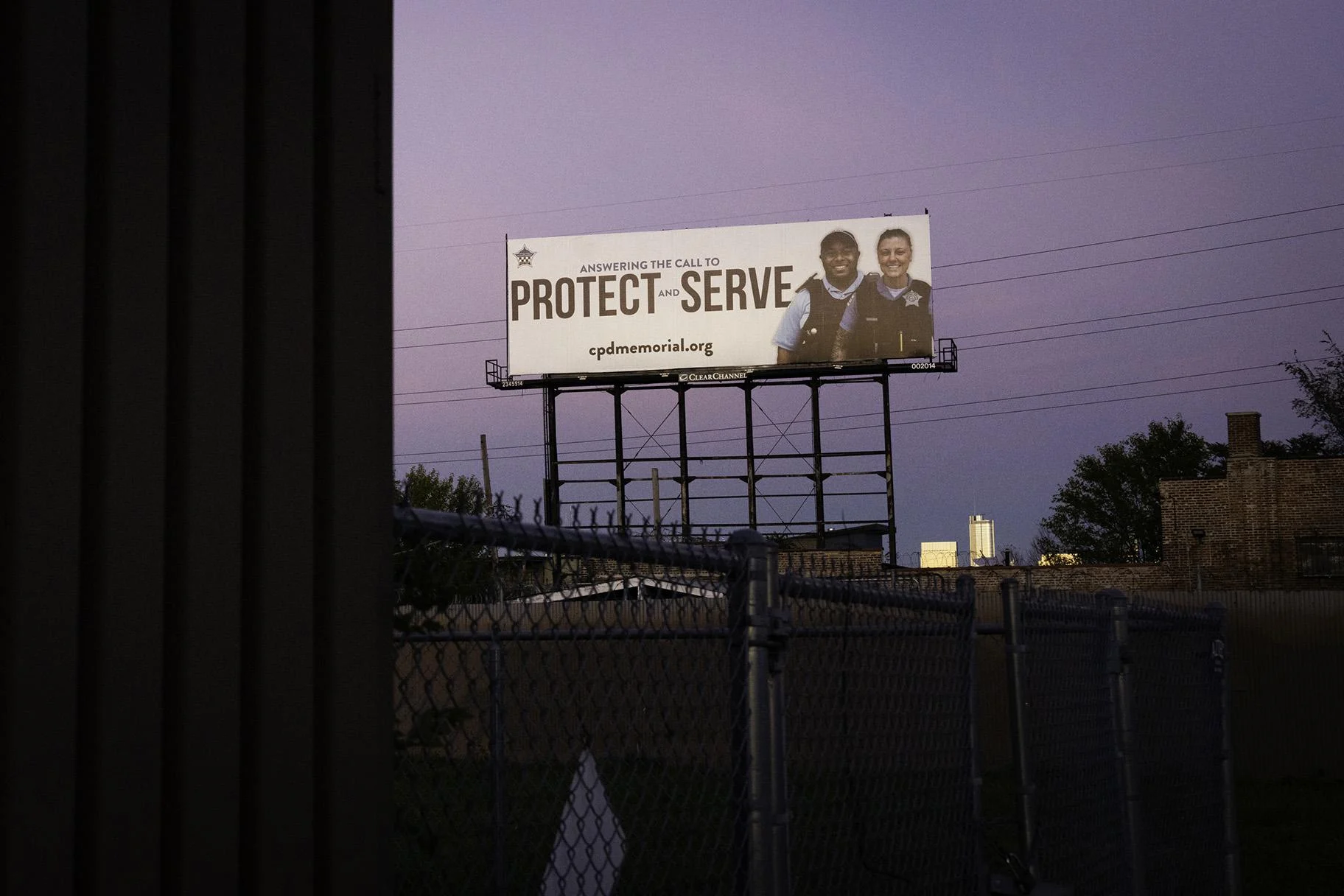Since the Chicago Police Department (CPD) entered into a consent decree over five years ago to address police misconduct, the progress has been slow and disappointing. Despite extensive oversight, hundreds of meetings, and the allocation of hundreds of millions of taxpayer dollars, the results have been minimal.
As of the most recent reports, Chicago police have fully complied with only 9% of the consent decree’s requirements. Many necessary reforms, including improving the relationship between officers and residents, addressing biased policing, and developing an early-warning system for problematic officers, remain incomplete.
One of the main goals of the consent decree was to rebuild trust between the CPD and the communities, particularly Black and Latino residents. However, the police department has failed to deliver on key promises. There is no system in place for officers to work consistently with specific neighborhoods, and a mandatory study to optimize officer assignments across the city has not been completed.
Moreover, despite public calls for accountability, the department has not implemented a plan to track officers with multiple misconduct complaints, which could help identify those in need of retraining or discipline.
Legal experts, such as Sheila Bedi, have voiced frustration with the lack of tangible progress. Bedi, a law professor at Northwestern University, has criticized the reform efforts as a waste of time and money. In a similar vein, a recent investigation by WTTW News and ProPublica highlights the weak record of reform despite years of court-ordered oversight.
Advocates and experts are increasingly disillusioned, worried that the opportunity for real change is slipping away. According to surveys, public confidence in the process has diminished, with more people doubting that meaningful reform will occur.
While the reform process is still ongoing, the path to meeting the goals of the consent decree by 2027 seems increasingly uncertain. Chicago’s efforts are mirroring the failures of other cities, such as Oakland, which has been under federal oversight for over 20 years without significant improvements.

In Chicago, a lack of political will and leadership has exacerbated the situation. Over the past five years, CPD has had six police superintendents, three mayors, and a constantly shifting approach to reform, all of which have hindered sustained progress.
In addition to leadership turnover, the Chicago City Council has been criticized for not effectively holding the CPD accountable. While hundreds of millions of dollars have been allocated to the reform process, a significant portion remains unspent each year.
The council has also failed to push for timely hearings or robust oversight of the reform effort, undermining efforts to hold the police department accountable for the slow pace of change.
The court-appointed monitoring team, which has the authority to recommend sanctions, has not demanded any consequences for the city’s lack of progress. Despite repeated findings of slow reforms, the monitoring team has not taken aggressive action, frustrating reform advocates who argue that meaningful sanctions are necessary.
Barry Friedman, a professor at New York University, expressed disbelief at the lack of tangible results, noting that taxpayers have paid over $20 million to the monitoring team without seeing significant improvement.
Community members, particularly those who have been directly impacted by police misconduct, are growing increasingly frustrated with the pace of reform. For example, Porscha Banks, whose brother was killed by police during a traffic stop, has expressed anger over the lack of meaningful change.
While the CPD has recently expanded the scope of the consent decree to include reforms related to traffic stops, many advocates believe the process is too slow to address urgent issues. Banks, like many others, feels that the system is failing Black residents and that real, immediate action is needed.
A key part of the consent decree was intended to shift from reactive policing to community policing, where officers are assigned to specific areas and become familiar with the neighborhoods they patrol.

However, this shift has been slow, and previous attempts to reorganize the department around community-based policing have been reversed by new police leadership. Despite some progress in officer training and policy development, CPD has not yet fully implemented the reforms necessary to change how it interacts with communities.
In the face of stagnation, some reform advocates have called for alternatives to the consent decree. Anjanette Young, a victim of a botched police raid, has publicly stated that the decree is insufficient, and there needs to be a new plan for reform.
Her frustration mirrors the sentiment of many Chicago residents, who feel the process has been bogged down by bureaucracy and political maneuvering. Despite the promises made by Mayor Brandon Johnson during his campaign, the mayor has largely focused on other issues, such as reducing crime rates, while sidestepping discussions about police reform.
The slow pace of reform is taking a toll on community trust in the police. Surveys show a significant increase in skepticism among Chicagoans regarding the effectiveness of the consent decree. Trust in the police has eroded, with many residents expressing doubts about whether the department will ever truly change. As the monitoring team’s recent assessment notes, the lack of noticeable improvement has left many Chicagoans feeling disconnected from the reform process and disillusioned about the future.
Finally, the question remains: Can the consent decree still deliver meaningful change, or is the opportunity for reform fading away? With the current trajectory, many are concerned that the reforms may never fully take hold, leaving Chicago’s police department entrenched in a system that continues to breed mistrust and misconduct. The need for immediate action is clear, and without significant progress, the city risks losing the chance for lasting reform.


